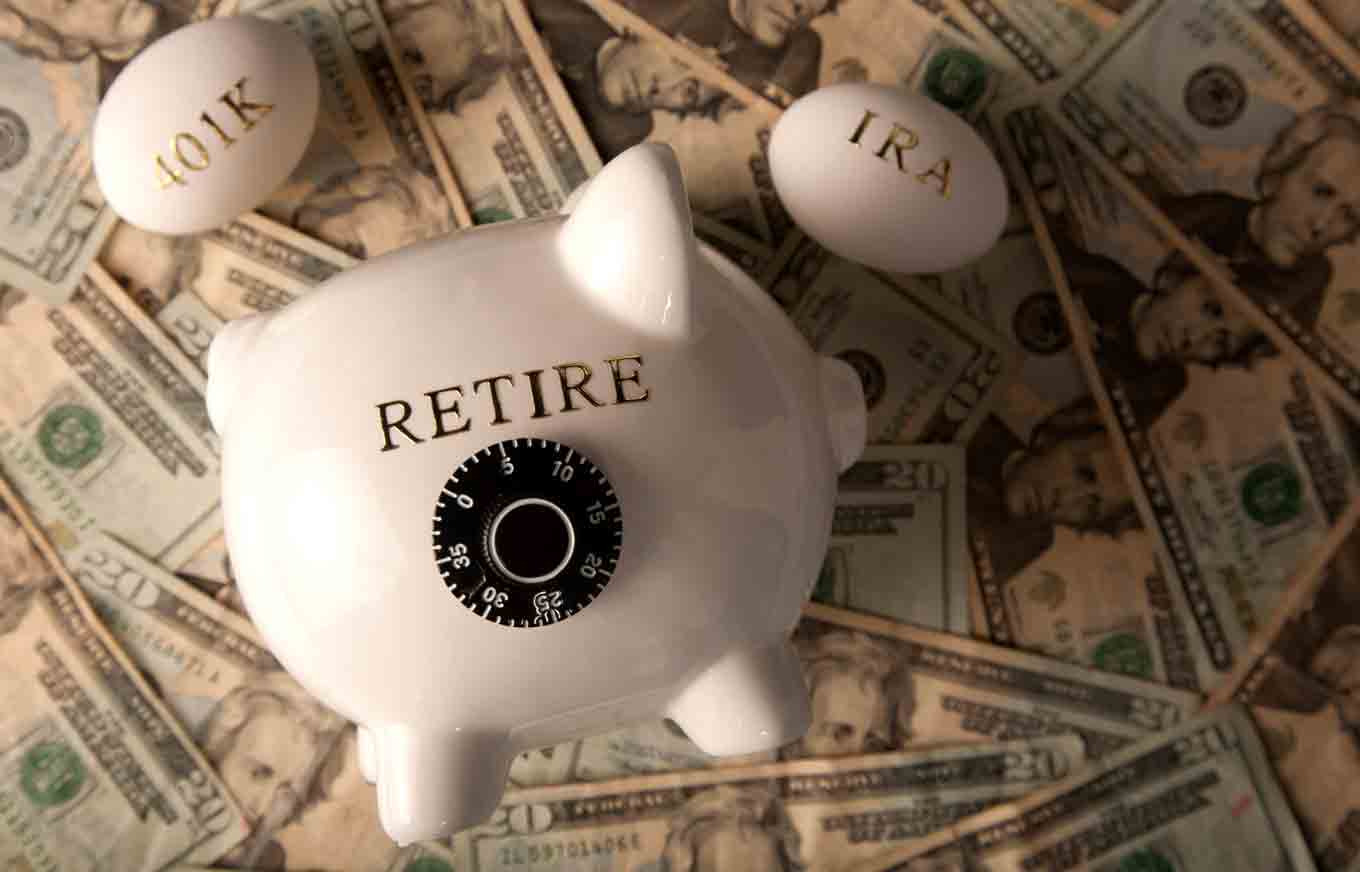It’s never too early to start planning for retirement. The fact is it’s no longer simply about saving, but as we live longer (and not always in the best of health), we need to find ways to continue generating income well into our twilight years. It may seem a long way off, but the decisions you make now could be the difference between truly enjoying your retirement years and simply getting by.
Here are some tips to help you make sound investments for retirement:
Set Your Retirement Goals
Start by setting realistic retirement goals. Ask yourself when you want to retire and think in terms of your career path as well. The nature of some industries will allow you to keep working if you choose to, whereas others — especially more physically demanding fields of work — will likely be difficult the older you get. Once you’ve decided when you are going to retire, you can start planning how to get there.
Don’t Put Off Till Tomorrow What You Could Do Today
Even if you are still in your 20s and want to spend your annual bonus on lavish holidays, the truth is there is no better time to save for retirement than now. The earlier you start, the longer your funds have to compound and grow. It doesn’t matter if you start small, you can increase monthly instalments as your salary grows. What matters most is that you are proactive now, save consistently and resist the urge to dip into that retirement fund early.
Think Long-Term and Don’t Forget Your Other Financial Goals
There are going to be plenty of milestones on the path to retirement and you’ll need to factor those in too. Things like purchasing a home, making a car purchase and creating a college fund for your kids. If you’ve got debts you’ll also want to think about paying those off at some point as well. Each of these long-term milestones needs to have its own time frame and target amount.
Have a Diverse Investment Portfolio
Diversification is key to avoid massive losses when investing towards your retirement. Don’t put all your eggs in one basket. Ideally, your investment portfolio should be a mix of low, medium and high-risk assets. Dividend-paying stocks from generally low-risk, established companies are a good way to create steady income streams. Useful online tools such as WallStreetZen’s dividend screener can help you make wise choices.
Prepare For The Worst – Your Emergency Fund
Of course, we don’t want to think about worst-case scenarios but when the worst happens, be it a debilitating accident, a death in the family or redundancy along the way, we need to have an emergency fund stashed away that stops us from having to dip into retirement savings. Ideally, you’ll want to have at least six months’ worth of living expenses saved up for emergencies — this will give you enough breathing space to find alternative sources of income should circumstances change.
Thinking about retirement finances isn’t the most fun task in the world, but it’s one that needs to be done. The work and forethought you put into your future now will all be worth it come retirement. Just think of how thankful you’ll be that you made the wise decisions now when you are enjoying your twilight years relaxing on a beach with a cocktail in hand!

